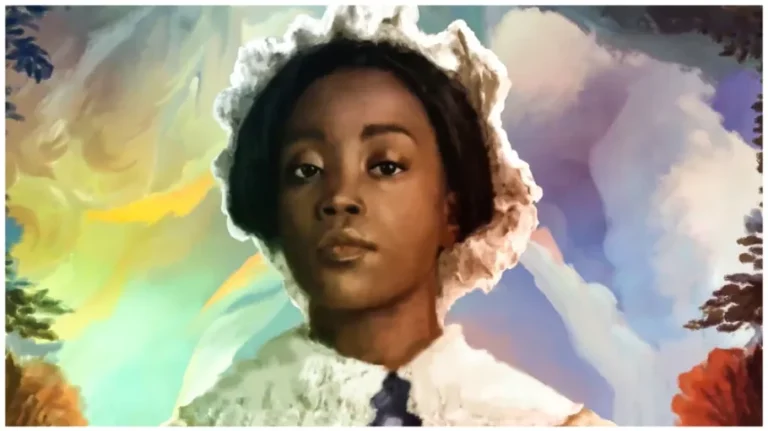Many of us probably think we know how racist anti-Black ideas started or think racism was always part of the human condition. Director Roger Ross Williams challenges these notions with his adaptation of Ibram X. Kendi’s book “Stamped From the Beginning.” Relying on testimony from Black female scholars and Kendi’s research, the helmer (whose previous credits include “Life, Animated” and “Cassandro”) starts by posing a provocative question: “What is wrong with Black people?” By the end of the film, Williams unsparingly topples the sanctimoniousness inherent in thinking the answer is simple or clear. Even if it is.
True to its title, “Stamped From the Beginning” seeks to explain the origin of anti-Blackness. According to activist Angela Davis, one of the esteemed talking heads who give the film its credibility: “It’s not about the color of one’s skin or the grade of one’s hair. It’s about slavery.” That is how Europeans justified the transatlantic slave trade: by portraying Africans as beastly, ignorant, evil. The word “black” gradually becomes a linguistic analogy for these traits. Using art, fiction and religion, they justified the enslavement of Africans as ordained naturally from the beginning. The film also tackles the race schism that gave birth to the concept of whiteness, wherein white people were deemed inherently superior and therefore deserving to reap privileges based on just that.
From there, Williams provides historical evidence to these ideas. As a filmmaker, he knows that relying on logical academics presenting sober ideas might not keep the audience engaged. No matter how persuasive the arguments are or how well known and trustworthy the scholars may be. So he adds beautifully rendered and distinct animation to invigorate the storytelling. Archival footage and recent viral moments are also included to provide familiar context to the concepts presented.
These elements are most impactful in the section telling the story of 16th-century Black poet Phillis Wheatley. She was a Black slave interrogated by white men who could not believe she could have written the poems attributed to her. As the animation shows Wheatley, the camera pans to the faces of the Black female scholars and archival footage of Ania Hill in the 1990s and more recently supreme justice Ketanji Brown Jackson. No words need to be uttered. Black women always had to prove their worthiness and they still have to do it today. Humorously rendered is Thomas Jefferson’s contradictory proclamations about race — or as activist Lynae Vanee puts it, “Thomas Jefferson was full of shit.”
Throughout the proceedings, Williams peppers in recognizable pop culture images. He lifts from well-liked movies and TV shows, pairing these examples with voiceover testimony that forces fans to reckon with their recognition and admiration — a necessary examination of what these images actually represented, inviting fresh conclusions when examined again within this context. Less successful in the employment of an actor to portray Ida B. Wells when “Stamped From the Beginning” tells the story of her disclosure and documentation of the lynching of Black people in the early 20th century. The material is grave, but that interlude shows the limitations of narrative interpretation within a documentary.
The conclusions of “Stamped From the Beginning” might feel obvious while the audience is watching the film. The film does not pretend to be presenting radical or new beliefs. It lulls the audience into thinking it’s only providing historical context. Yet by the end, it reveals the myths, the distortions and the made-up fallacies that have been presented as truth for centuries. And that is the most radical thing it could have done.
![]() Post Views: 2,485
Post Views: 2,485

